
Connection between Vitamin K and Warfarin
Vitamin K belongs to a group of liposoluble vitamins. It is essential for our body because it participates in production of proteins engaged in the process of blood clotting. These proteins are normally synthesized in the liver. Warfarin is a medication prescribed in patients suffering from increased coagulation. Its function is to reduce the liver's ability to utilize vitamin K and produce specific types of blood clotting proteins. The therapeutic effects of warfarin are, therefore, reduction and prevention of blood clot formation.
Yes it is essential to balance intake of vitamin K and adapt it regarding the intake of warfarin. Excess of vitamin K may interfere in the effects of warfarin. However, it is also important not to reduce the intake of vitamin K too much since this reduction may cause additional problems. The best thing a person who takes warfarin on regular bases can do is to maintain optimal intake of vitamin K during the treatment.
Many people treated with warfarin think they should avoid food rich in vitamin K. Unfortunately, they are wrong. The intake of vitamin K must be optimal and there should be no drastic fluctuations in consumption of food rich in this vitamin.
Foods Rich in Vitamin K
In order for a patient to estimate optimal intake of vitamin K he/ she must know the foods which contain this particular vitamin. The following foods contain plenty of vitamin K. Their intake should be moderate and there is sometimes a need for them to be taken in very low amounts. These foods include spinach and other green leafy vegetables, lettuce and green salads, broccoli, kale, green tea, parsley, Brussels sprouts, asparagus, cabbage, spring onions, collards, mayonnaise, soybean oil and cranberry juice.
There are also foods which contain low amount of vitamin K and they are allowed to be consumed on regular bases and without any particular restriction. These foods include most high fiber fruits (apples, bananas, peaches etc), eggs, cheese, butter, spaghetti, breads, tomatoes, potatoes, mushrooms, corn, carrots, pumpkins, beans and meats such as chicken, pork, beef and ham.
Patients who are on prolonged treatment with warfarin must have their levels of vitamin K monitored. In order to optimize the intake of vitamin K these patients may consult a well experienced dietitian who will adapt the diet and recommend most suitable food combination which will provide with suitable and continuous intake of vitamin K. This way the intake of vitamin K will be controlled and there will be no drastic fluctuation in its level in the body.



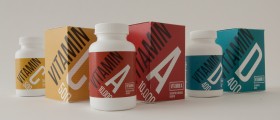
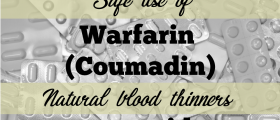
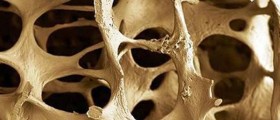
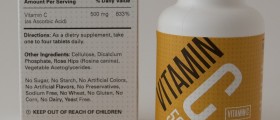
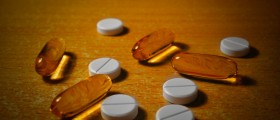

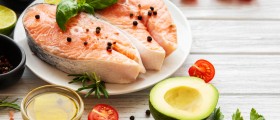
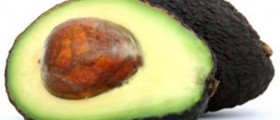

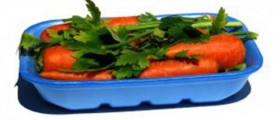




Your thoughts on this
Loading...